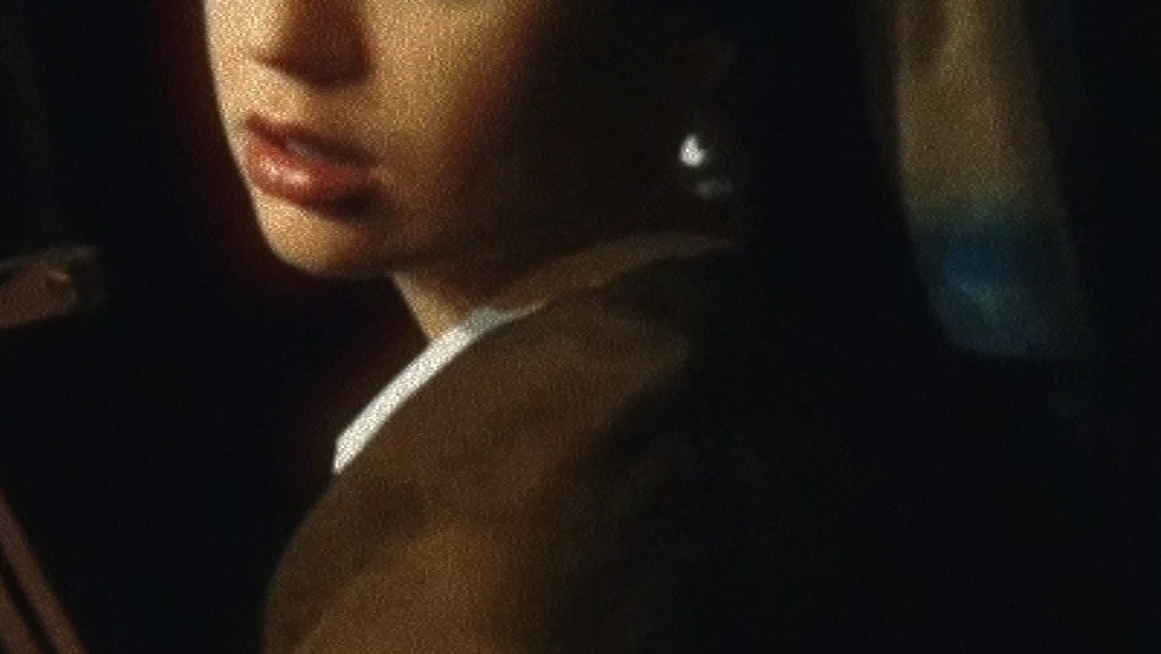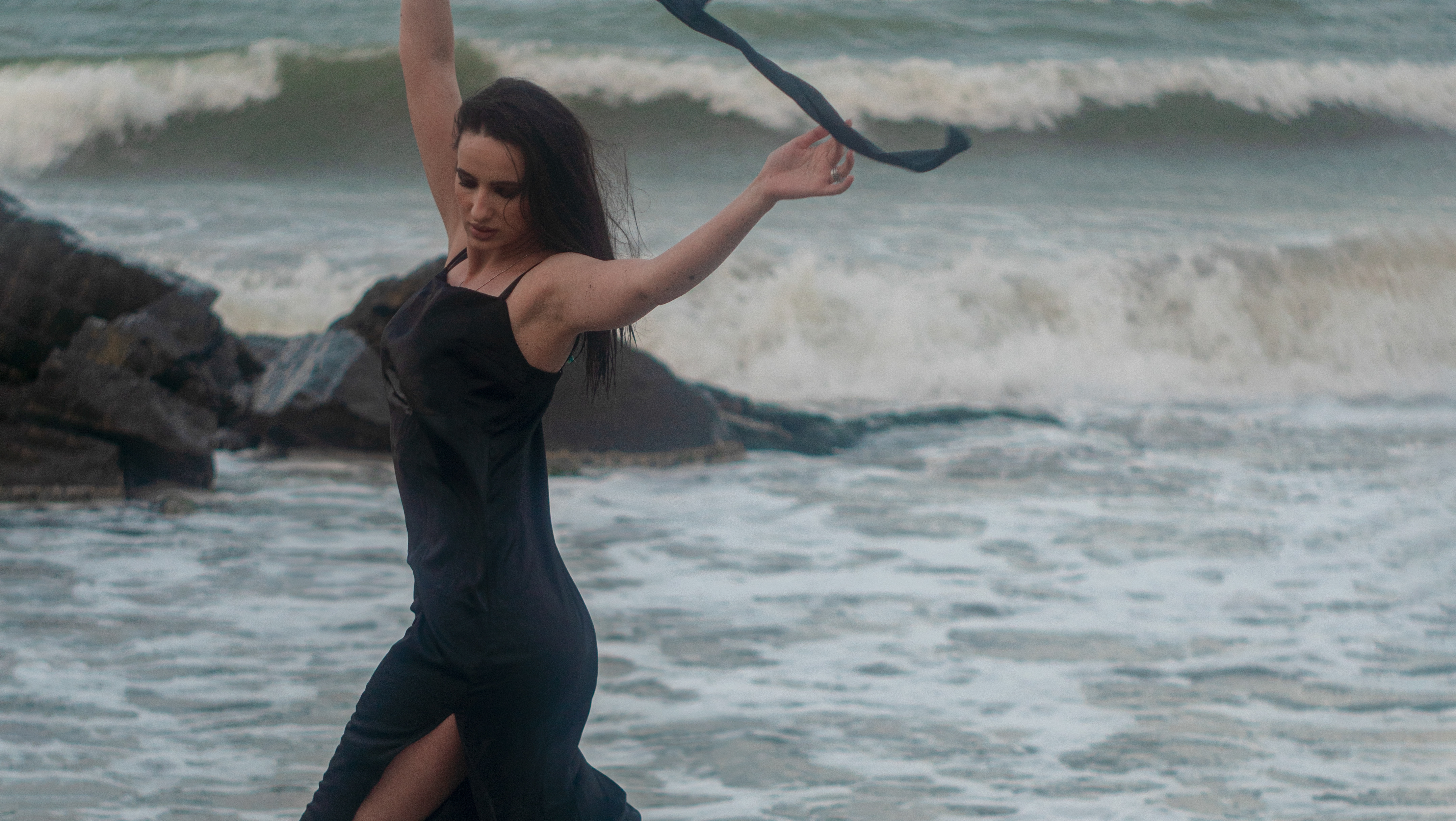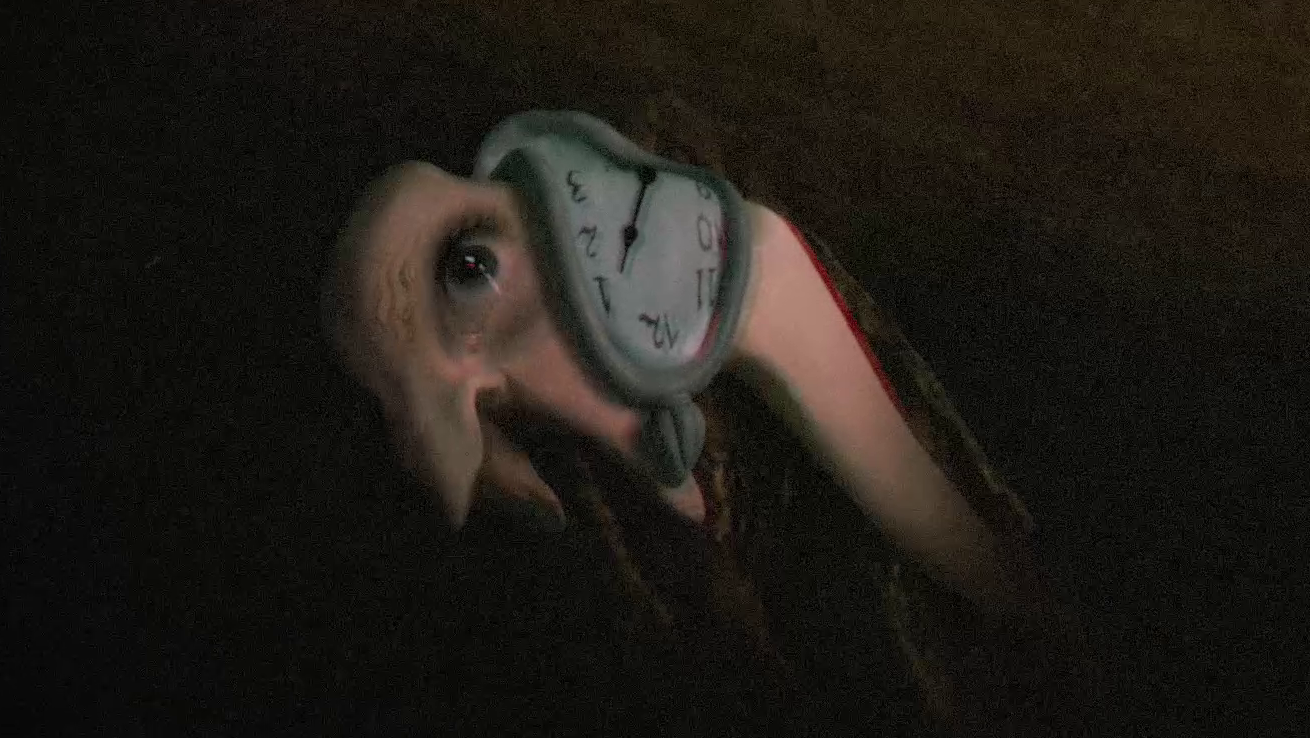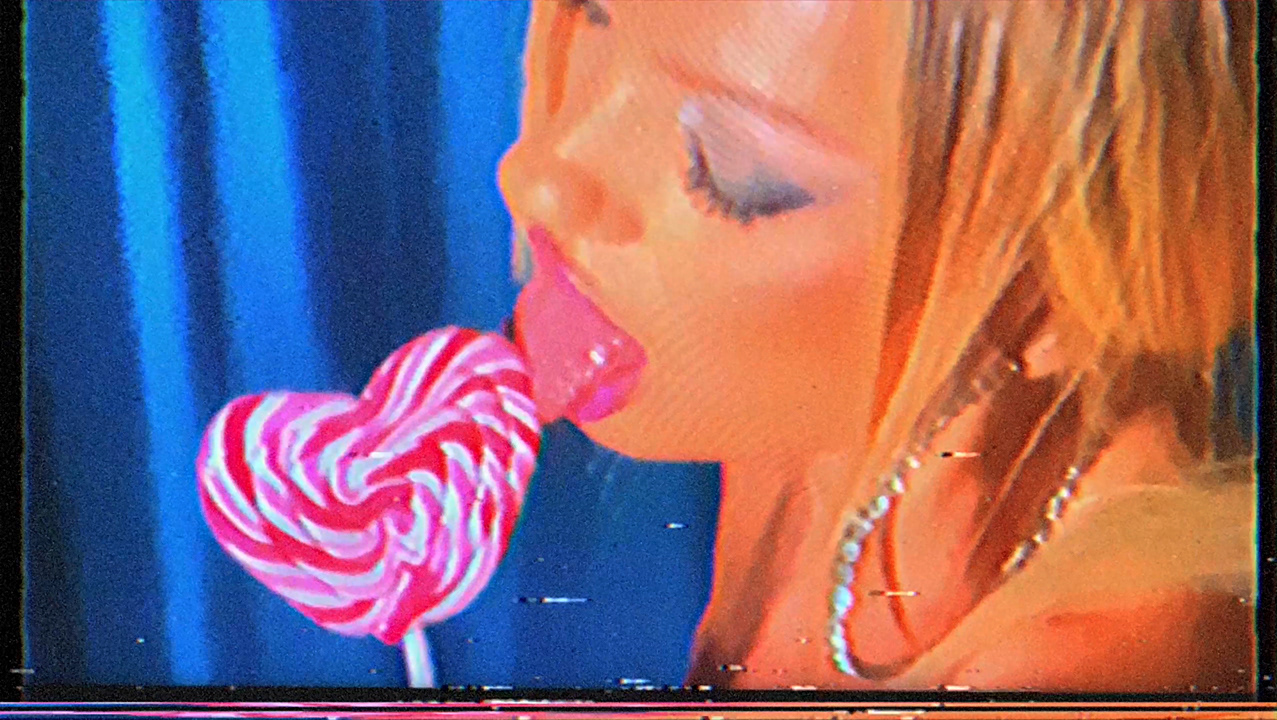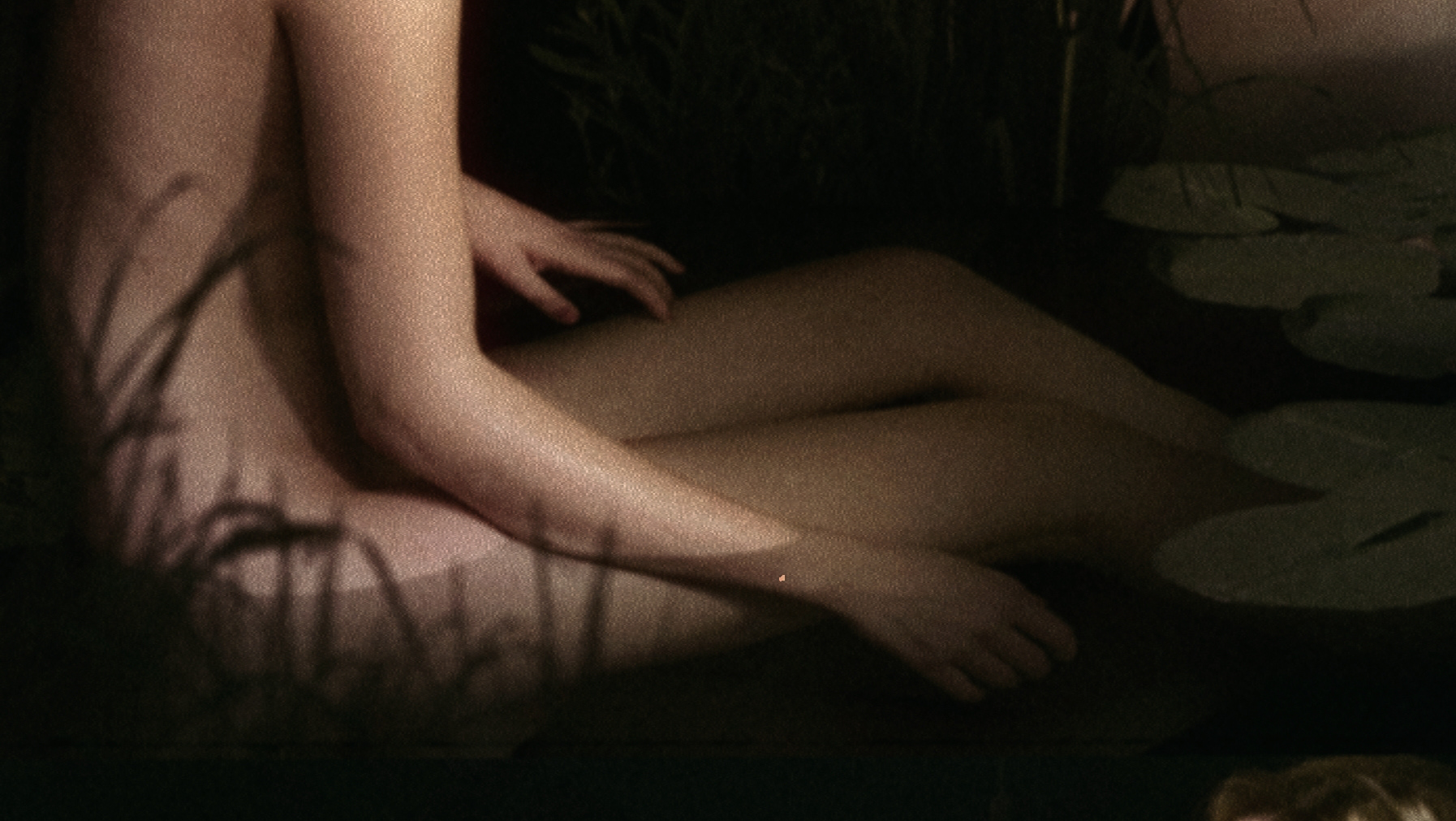Synopsis: When going home after a busy day at university, Laura, a philosophy student in Romania, meets Andrei, a young man who accompanies her to the bus stop, insisting that they have met before. While waiting for the bus, Andrei invites Laura to his birthday party that night. Laura finds out what the date was that day, which triggers a painful memory she hadn’t had to face since the last leap year. Coincidences seem to follow her, as she sees a mother with a baby getting on the same bus as she did, at the following stop. Laura arrives home, where her flatmate, Maria, was having some friends over. Increasingly troubled, Laura avoids the party, but she starts seeing strange things when left alone. Maria convinces Laura to join the other guests, but unusual events still occur when Maria’s friend, Gabriela, tries to read Laura’s palm. After having some drinks, Laura gets more and more lost in her grief and goes to the bathroom to call her mother. During the call, Laura tells her mother it was Victor’s birthday. When asked about who Victor was, Laura says that was the name she gave to the child she gave birth to 4 years before, on the 29th of February. She starts crying, confessing she forgot about his birthday because she hadn’t had to go through the painful date ever since. In the other room, the party continues.
Director’s Statement: I began writing Laura’s story while being unaware of the fact that I was going to put it on screen in a short film. When I saw the potential of the visuals I described, I felt the need to turn it into a short film, as I truly believe it is a relatable story, especially given the present-day movements in art and cinema, which have a lot to do with the way society treats women. I was always fascinated with films that have a strong female lead, and Laura’s character made it possible for me to explore themes like loss, grief, a dysfunctional mother-daughter relationship, and at the same time, courage and self-empowerment. She is a young woman who lost her child, and managed to find the strength in order to go through her suffering while continuing her studies. What inspired me to create this story is a short yet unforgettable conversation I overheard once, when I was a child. My mother telephoned my aunt to wish her baby-daughter a happy birthday. My aunt was working in a bank at the time, and was so busy and stressed that she didn’t know what the date was that day, and felt devastated when she found out she forgot about her own baby’s birthday. When directing the film, I will be trying to conceive a stylistic approach which will encapsulate the atmosphere and the themes of the story. I decided to focus on Laura’s face and expressions and see the rest of that day through her eyes. It will be a slow-paced drama that gradually changes as Laura’s character becomes more and more lost in her grief, after being reminded of her child’s death. The scenes which reveal the meaning behind’s Laura’s troubled behaviour will have a surreal flow in terms of camera movement and montage, while the dialogue scenes and the encounters with her flatmate’s friends will be approached as realistically as possible. When thinking of characters’ names, I decided to reference the Christian celebration of the Annunciation through Maria and Gabriela, the other two female characters in the film. Another source of inspiration for me was Walt Whitman’s poem “I sing the body electric”. In the end of the film, after Laura calls her mother to talk about Victor, her dead child, I thought of Whitman’s final conclusion in the poem: “Womanhood, and all that is a woman—and the man that comes from woman, […] O, I say now these are the Soul!”. I figured that after all, Laura and her child, Victor, will forever be reunited spiritually, because they are part of the same soul. The film is dedicated to my grandmother, within who I see all the women who had to face trauma and suffering on their own, especially during the communism in Romania.
Written and directed by Mihai Tiu


